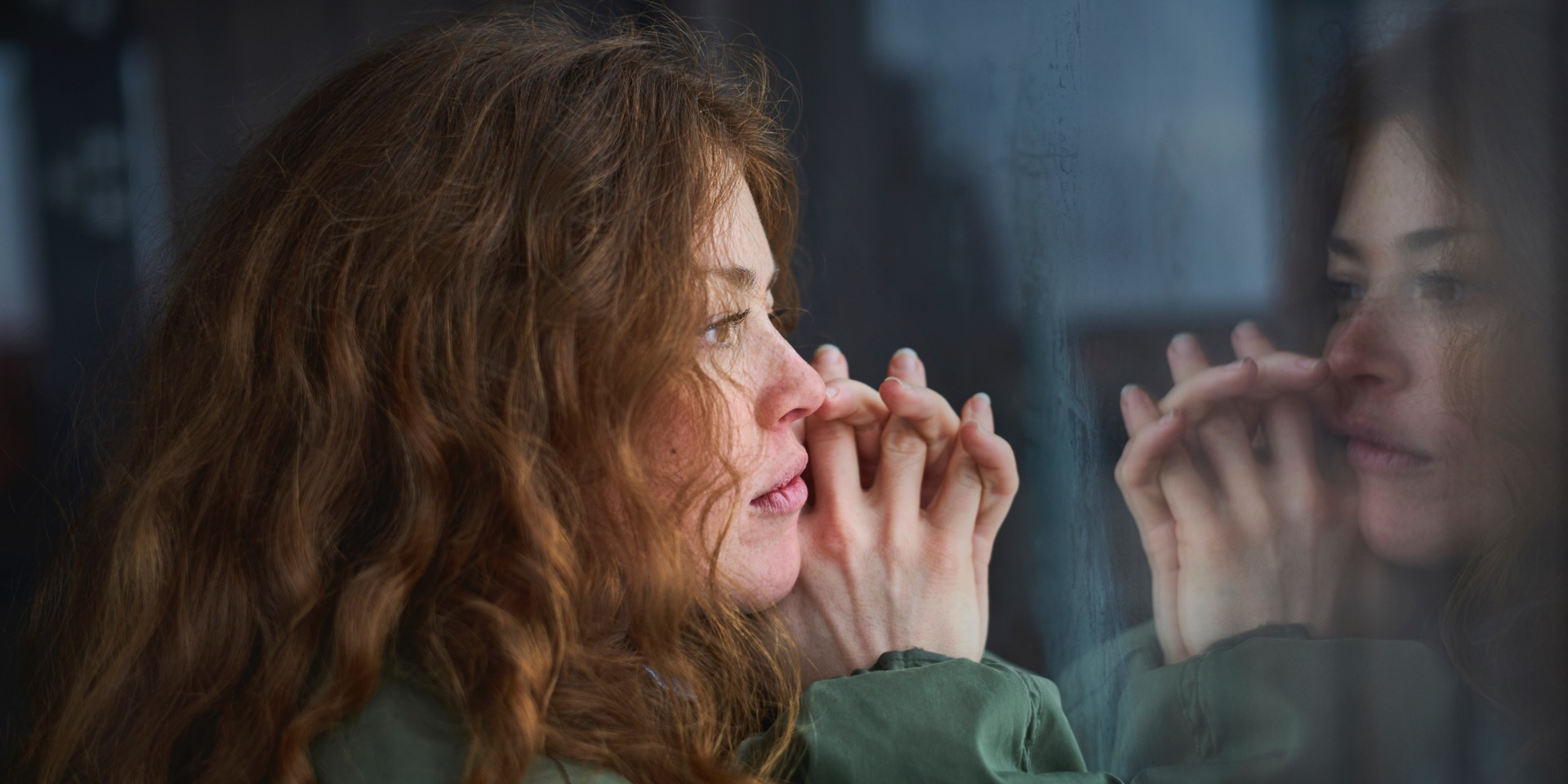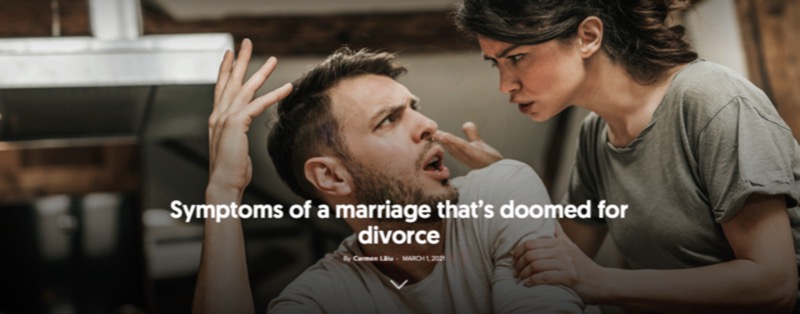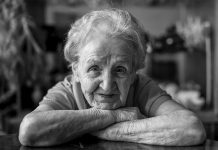We often associate divorce with the unhappiness of adults who reprehensibly decide to go their separate ways. For under-age brides Noora and Nujood, however, divorce was their escape from a nightmare of domestic violence and abuse, into which they were thrown at a young age by their own families.
Noora Al Shami was born in 1978 in Yemen, in a culture where women do not have the right to question or oppose the decisions that men make for them. Her mother had been forced into marriage at the age of nine, so her wedding, which happened when she was only 11, did not seem out of the ordinary. A distant cousin, three times her age, offered to marry her. The money he paid for her would ensure her family’s livelihood for many months.
Noora recalls the bliss of the three days of the wedding, where she wore the most amazing dresses. The music, dances, gifts, and enchanting scenery in the port city of Al-Hudayah were unparalleled as well. However, the terror she experienced after the wedding, when she was left alone with her husband, turned out to be even more significant. She managed to avoid him for more than a week, but then she was forced to fulfil her duty as a wife. Noora was rushed to the hospital that night, but no one took a stand after she was stabilised. She was sent home with her husband, where the abuse continued.
In just one year, Noora had lost two pregnancies. At 13, she gave birth to her first son, Ihab. A year later, she gave birth to baby girl Ahlam, and at 15, to her second son, Shibab. All the pregnancies were problematic, aggravated by her husband’s beatings.
After ten years of unbearable abuse, during which her children were also hurt and ended up in the hospital, Noora heard about an Oxfam program that helps women who are victims of domestic violence. She managed to get in touch with a lawyer and, after protracted effort, she succeeded in getting a divorce. Free from her husband’s abuse, Noora faced the difficulty of taking care of her three children and her elderly parents alone.
She got a job as a housekeeper, and in the evenings she went to classes to finish high school. Unfortunately, she also had to endure daily harassment from her neighbours, who considered her a bad woman because she was divorced. Still, Noora told some of them about the physical and mental traumas she had suffered, out of the desire to prevent similar hardships.
After years of effort, Noora became a teacher and began campaigning for legislation change. She even lobbied the Sana’a parliament for the law banning child marriage.
“I want to make my voice heard and change the lives of women in Yemen. Women shouldn’t have to be victims. I suffered domestic violence but now I’m speaking out. I refuse to live under the ruins of my past.”
Nujood Ali was born 20 years later than Noora; however, nothing had changed in Yemen for child brides. She too was forcibly married off to a man three times her age at just 10 years old. Her family, consisting of a father, two wives and 16 children, had already gone through the kidnapping of one of the girls and the rape of another. Marriage seemed the safest option for Nujood. In addition, the money received in exchange for her was very good for the family.
Married life turned out to be just like Noora’s and the abuse soon began. Shortly after the wedding, Nujood found an excuse to return home and ask her family for help, but her desperate pleas were ignored. Even her mother thought it was better for her to stay married to her husband, despite the suffering. Her father’s second wife, however, advised Nujood to get a divorce.
You might also be interested in reading:
When she was sent to buy bread, Nujood boarded a bus and went to the town court. She asked to see a judge, but no one seemed to care—she was just a child after all. She waited for half a day until a judge took pity on her and asked her why she was there. The girl told him without hesitation that she wanted a divorce, but that she didn’t know what to do. The man took her in that evening, and the next day she was assigned to a human rights lawyer, who took her case pro bono. Nujood’s father and husband were imprisoned during the trial, and that sparked controversy. Breaking tradition was not to everyone’s liking, but a month later, Nujood was divorced.
Her courage and the very young age at which she succeeded in getting a divorce attracted international attention. In 2008, the U.S. women’s magazine Glamour awarded her and Shada Nasser, her divorce lawyer, the Woman of the Year Award. At the awards ceremony, she met Hillary Clinton, and her life seemed to take a different turn.
Upon her return to Yemen, she changed her name from Nujood, which means “hidden,” to Nojoom, meaning “stars in the sky.” With the help of a French publishing house, she wrote her biography, and her book was translated into several languages. Unfortunately, her dream of continuing her studies and becoming a lawyer did not come true.
The last time journalists managed to communicate with her, Nujood was still a minor, married, with two children. The money she should have received from royalties and international donations was paid to her father, because the law did not allow her to receive it. With it, the father bought two more wives, and forced Nujood out of the house bought by the French publishing house. Despite all of this, her divorce at the age of ten remained for her a major reason for joy. Her new life, although still difficult, is at least free of abuse. “Compared to dreams, reality can be cruel, but it can also come up with beautiful surprises,” Nujood maturely concludes.
Since 2016, Yemen has been going through a terrible famine caused by the civil war. According to the estimates of international organisations, more than half of the population relies entirely on humanitarian aid to survive. Hunger is also one of the reasons why the number of forced marriages among minors has increased dramatically in recent years. You can help prevent Noora and Nujood’s stories from repeating themselves by donating to international organisations (UNICEF, Save the Children, ADRA, etc.).
Andreea Irimia believes that life stories have the power to transform us. This is because the images born of the almost unreal experiences that some of us have undergone penetrate our souls and respond convincingly to some of our most persistent doubts.




















